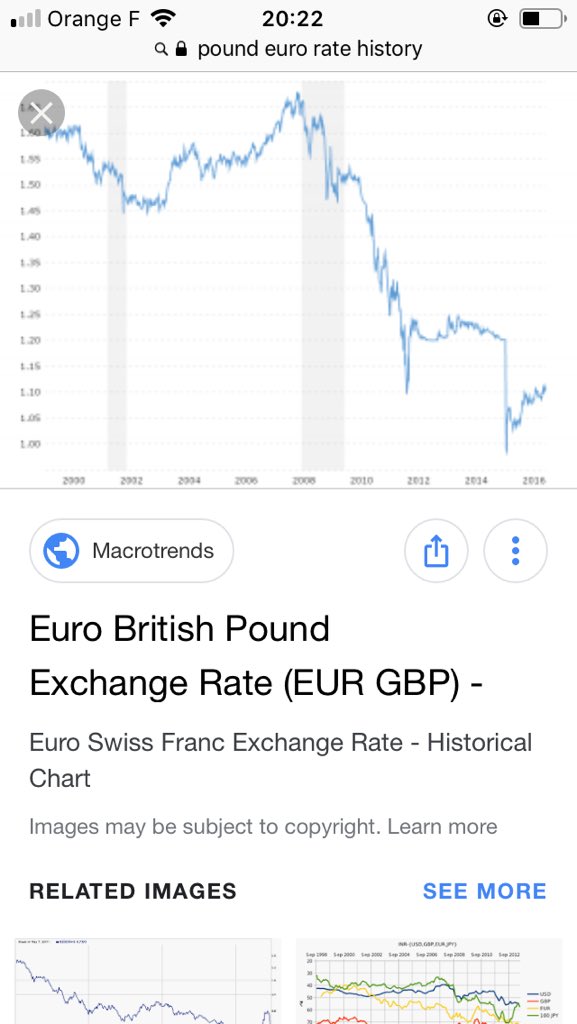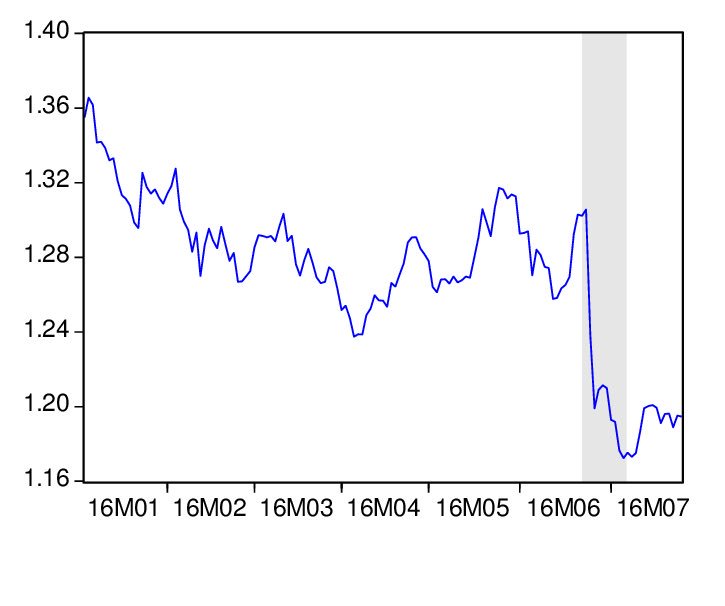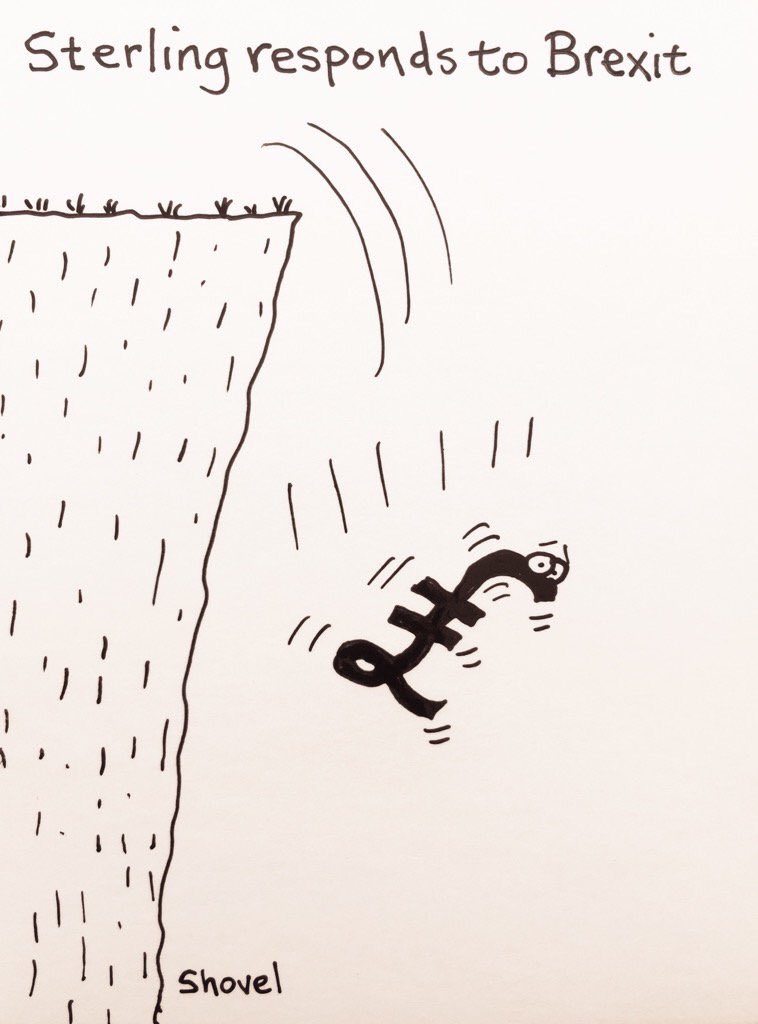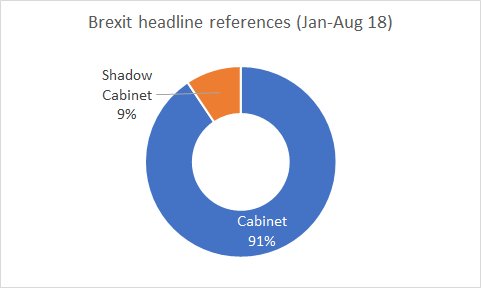History is mocking Brexit again.
Another THREAD:
Britain wasn’t simply seeking to join. It first wanted to change the rules and then join.
Trade policies are ostensibly about economics but they are often moreso about geopolitics.
The French, in particular, were concerned about unfair British competition so wanted strict enforcement.
Matters soon drew to a head.
Just like today, however, British leaders ignored that message believing the EEC would ultimately cave in.










